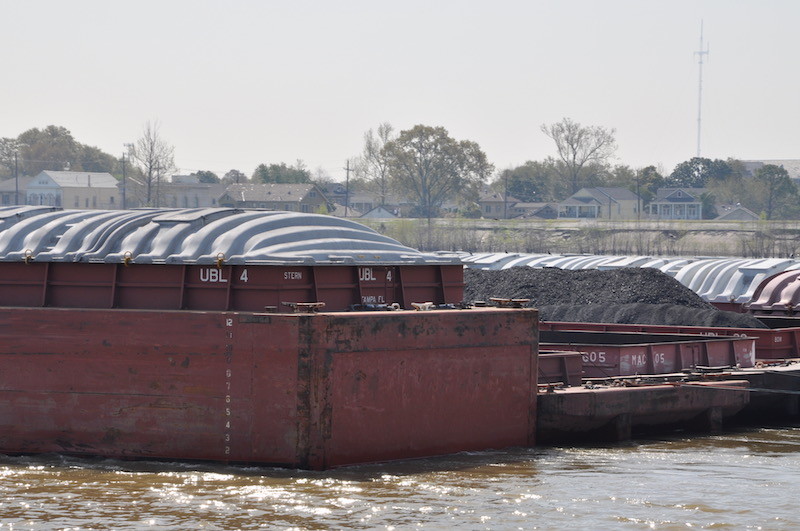From low water on the rivers and difficulties hiring workers to the costly fallout of inflation, leaders of the inland industry pulled no punches in describing the challenges that face their industry at a recent Marine Finance Forum organized by Marine Money in New Orleans.
Among the highlights:
- Finding workers will be a long-term problem. “People will be our biggest headwind going forward,” said Lance Sannino, president, Enterprise Marine Services. The challenge will be “how do we bring new folks into the industry? We’ve relied generationally on families to push the business and that is ending.”
- Training workers will be essential. “We’re not going to pay our way out of this,” said Mike Ellis, CEO of American Commercial Barge Line. “Our industry has a history of being a cyclical business and one thing that gets cut in a down market is training, and we’ve done a disservice by not training through downtimes. We’ve all learned a lesson that we must continually train. If we try to pay our way out, we’ll just be taking people from other competitors and not fixing the overall issue of how to bring people into the industry.”
- Eliminate pollution and mistakes: Customers are demanding that the industry do better, according to Christian O’Neil, president, Kirby Marine Transportation Group. “We have to get to zero when it comes to accidents and spills,” he said. “If you’re not dedicated to zero spills and zero injuries, zero harm to your equipment, then we’re not going to be here in 10 years. That bar just keeps getting raised.”
- Inflation is killing the bottom line. Inflation has increased the costs for just about everything, and high-interest rates and steel prices have discouraged investments in new assets. At Kirby, the cost of plate steel is up 208%, fuel and oil filters are up 123%, and the cost of crew changes has increased 20%, O’Neil said.
- Invest in river dredging. Congress has approved an infusion of $2.5 billion to improve waterways infrastructure but dredging also needs attention. “We have one of the most efficient inland waterways systems in the world, however, we’re not funding the Army Corps of Engineers to do the proactive dredging that we need to maintain this system,” Ellis said.




